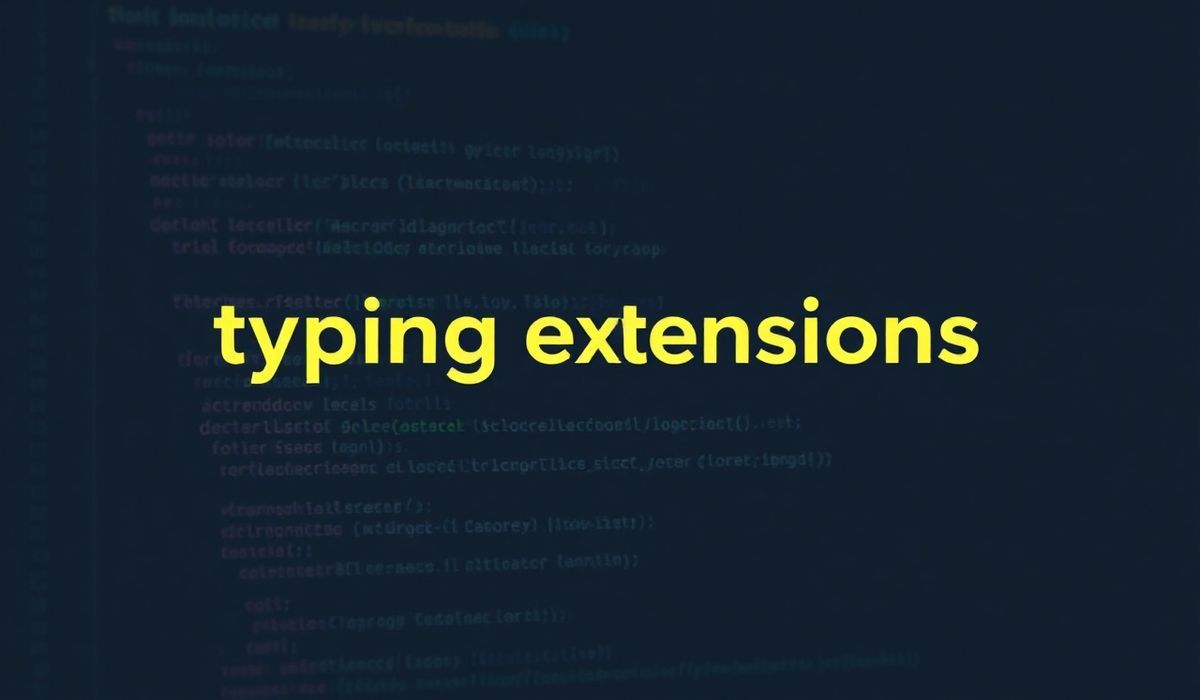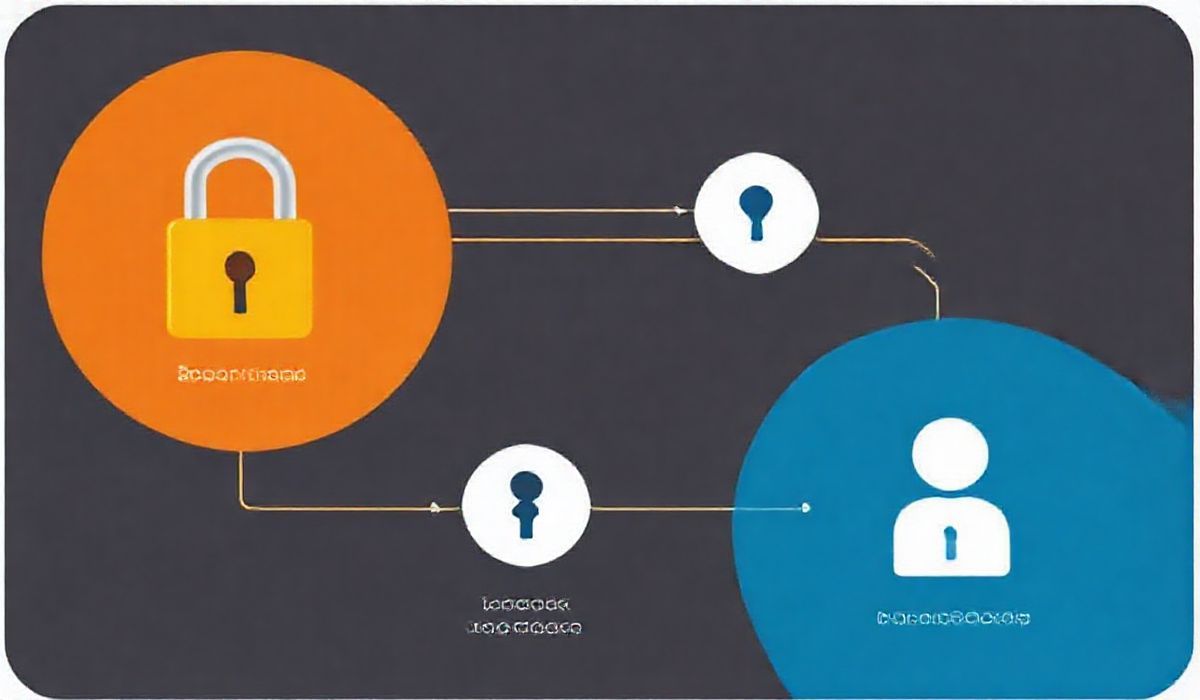Extend Python Typing with the Powerful Typing Extensions Module
With the growing prominence of type checking in Python, the typing-extensions module has become indispensable for Python developers. typing-extensions allows you to utilize new type hints and typing features introduced in later Python versions without upgrading your Python environment. It ensures backward compatibility while providing a plethora of features to enhance your type-checking experience.
Why Use Typing Extensions?
By using typing-extensions, developers can access experimental and backported typing tools that may not yet be included in the standard typing library of older Python versions. It also introduces utilities to handle complex type hint use cases in large-scale applications. Let’s dive into APIs offered by typing-extensions.
Key APIs of Typing Extensions
1. TypedDict
TypedDict allows you to describe dictionaries with a specific set of key-value pairs, enhancing the safety of dictionary-like objects.
from typing_extensions import TypedDict
class Movie(TypedDict):
title: str
year: int
rating: float
movie: Movie = {
'title': 'Inception',
'year': 2010,
'rating': 8.8
}
2. Protocol
Protocols help define structural interfaces without explicitly subclassing. This is useful for duck typing.
from typing_extensions import Protocol
class Flyer(Protocol):
def fly(self) -> None:
...
class Airplane:
def fly(self) -> None:
print("Flying an airplane")
def test_flyer(flyer: Flyer) -> None:
flyer.fly()
airplane = Airplane()
test_flyer(airplane)
3. Literal
Literal is used to restrict possible values of a variable to a concrete set of values.
from typing_extensions import Literal
def get_status(status: Literal['active', 'inactive', 'banned']) -> str:
return f"User status is {status}"
print(get_status('active'))
4. Annotated
With Annotated, you can attach metadata to types, which can be used by tools like linters or frameworks.
from typing_extensions import Annotated
def process_data(data: Annotated[int, "Must be a positive integer"]) -> None:
assert data > 0, "Data must be positive"
print(f"Processing: {data}")
process_data(42)
5. Self
The Self type improves the usability of method chains by explicitly denoting the return type as the current instance class.
from typing_extensions import Self
class FluentBuilder:
def __init__(self):
self.result = []
def add(self, value: int) -> Self:
self.result.append(value)
return self
def build(self) -> list[int]:
return self.result
builder = FluentBuilder()
numbers = builder.add(1).add(2).add(3).build()
print(numbers)
6. Final
Mark variables or methods as immutable with the Final keyword.
from typing_extensions import Final PI: Final[float] = 3.14159 # This will raise an error # PI = 3.14
Complete Application Example
Here’s an application demonstrating the power of various APIs in typing-extensions:
from typing_extensions import TypedDict, Protocol, Literal, Final
class Config(TypedDict):
name: str
refresh_rate: int
class Logger(Protocol):
def log(self, message: str) -> None:
...
class ConsoleLogger:
def log(self, message: str) -> None:
print(f"[LOG]: {message}")
def setup_logger(logger: Logger, config: Config) -> None:
logger.log(f"Starting application: {config['name']}")
logger.log(f"Refresh rate set to: {config['refresh_rate']}s")
APP_VERSION: Final[str] = "1.0.0"
APP_STATUS: Literal['running', 'stopped', 'paused'] = 'running'
config = Config(name="MyApp", refresh_rate=30)
logger = ConsoleLogger()
setup_logger(logger, config)
print(f"Application Version: {APP_VERSION}")
print(f"Application Status: {APP_STATUS}")
Conclusion
typing-extensions adds immense power and flexibility to Python’s static type checking system all while maintaining compatibility with older Python versions. By leveraging this module, you can write safer, more readable, and maintainable code.




